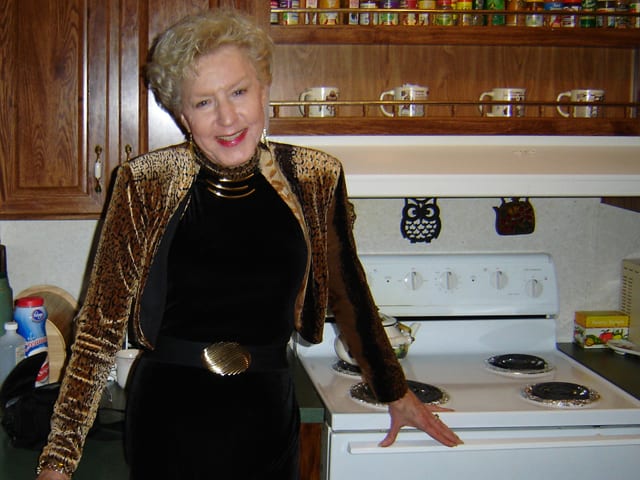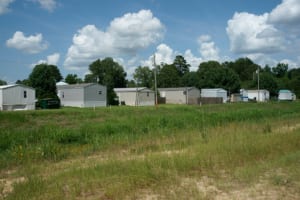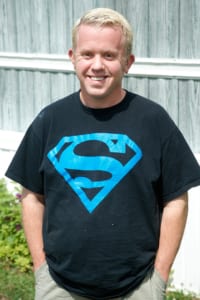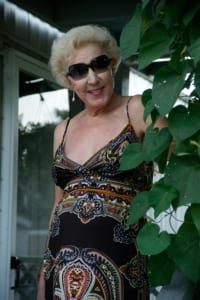John Howard
John Howard
Artist Statement
Must queer imagery depict queer bodies? Is queer photographic representation limited to LGBTQI portraiture? Do the political stakes of visibility require a documentary emphasis on community leaders and direct action? Must photographed trans bodies be further subjected to an intrusive gendering gaze in search of tell-tale signs?
Not necessarily. The Joneses suggest otherwise.
How can we imagine queer landscapes and homelands outside cities? How do differently housed and dressed queer bodies disrupt artists’ generic conventions? How does dis/ability register in a more knowing visual field, where cameras can hardly capture essences but rather record mere moments? Why does this particular family, as they choose to call themselves, warrant attention?
The Joneses are courageous. With quiet determination, they’ve created a queer home in a conservative place: a trailer park in Mississippi. Seventy-three years old, mother Jheri was her sons’ biological father, before transitioning. Bradley, developmentally disabled, and brother Trevor both recently came out as gay.
A family friend for three decades, I’ve attempted to highlight Jheri, Brad, and Trevor’s distinctive household in my writing, through documentary film (with director Moby Longinotto) and photography. I believe that to look and listen with respect is to lay bare the unique challenges posed by trans ageing and gay belonging in rural working-class environments with a tenuous relationship to the body politic.








